Pioneer for e-mobility and sustainability: Audi Brussels produces its eight millionth vehicle
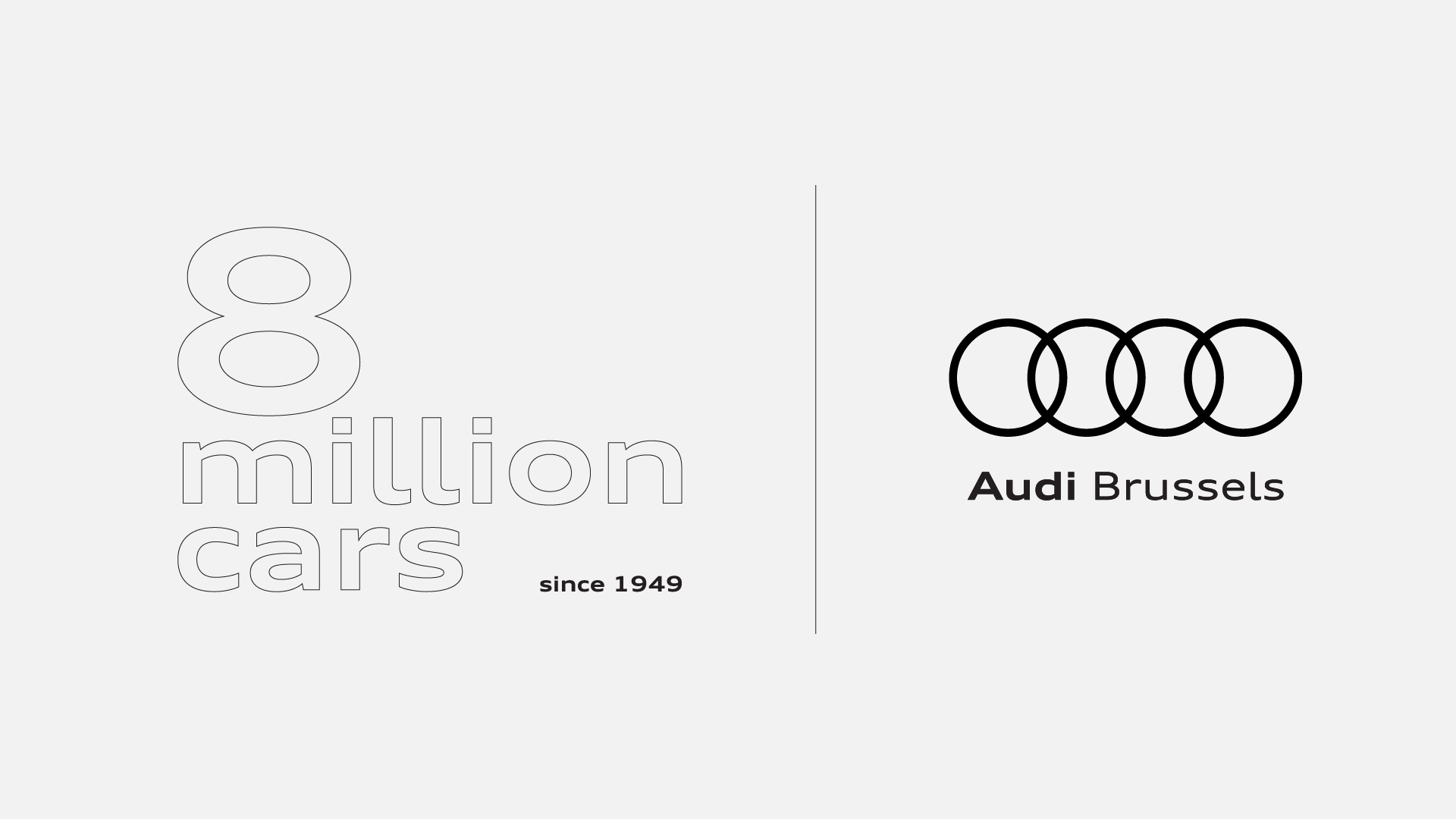
Ceremony in Belgium: The eight millionth vehicle has rolled off the production line at Audi Brussels. During his visit to Brussels, Markus Duesmann, CEO of AUDI AG, spoke enthusiastically about the site, which was awarded the title "Factory of the Future" only last year. Audi Brussels has been producing the Audi e-tron*, the first all-electric SUV from the marque with the four rings, since the autumn of 2018, and mass production of the Audi e-tron Sportback started at the beginning of 2020.
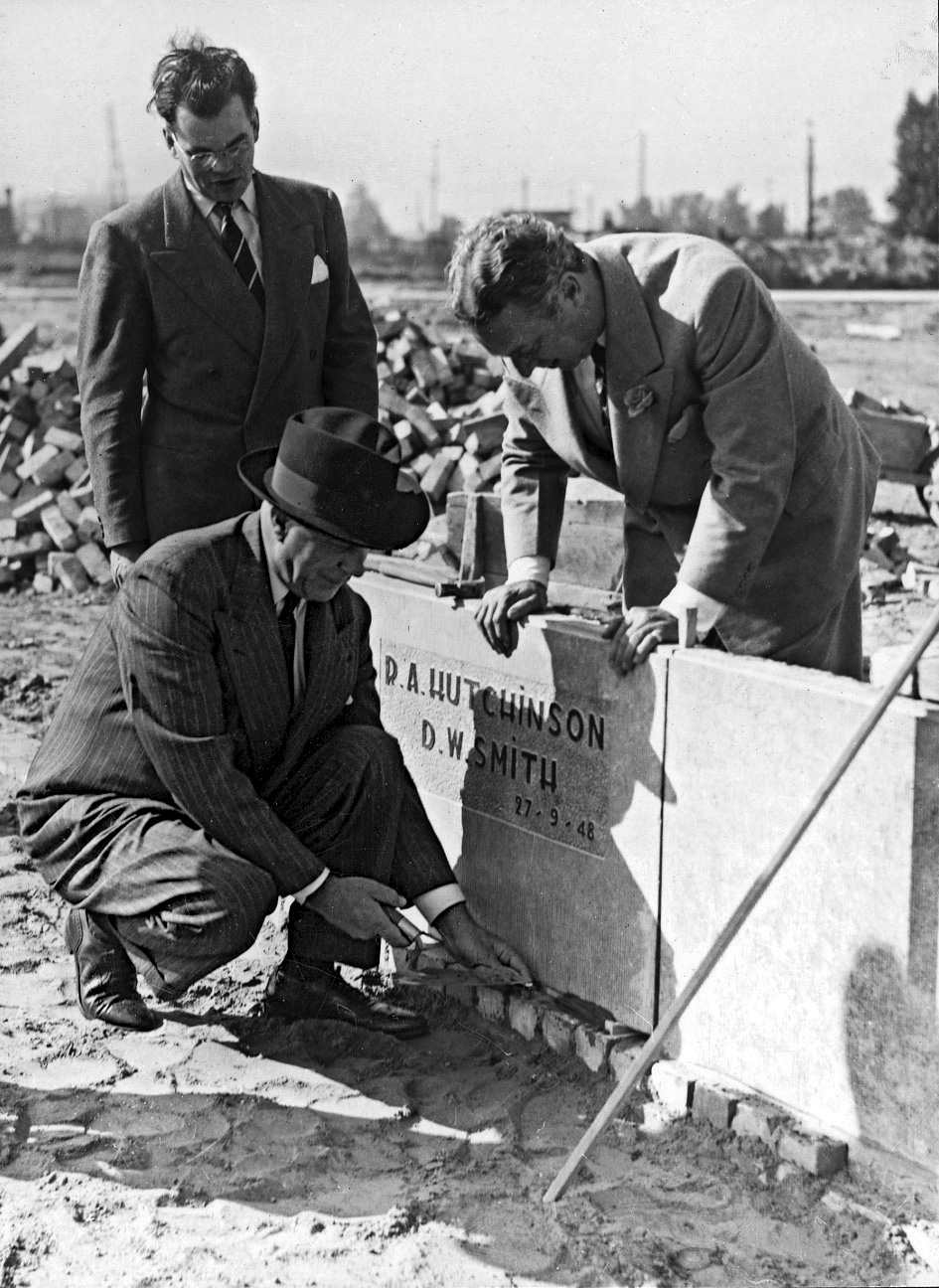
Audi Brussels is celebrating a special milestone: eight million cars have been produced at the Belgian plant since it was founded in 1949. The vehicle to reach this record mark is an Audi e-tron* in metallic Glacier White . The anniversary car will join the extensive historic vehicle collection of the Audi Tradition. For the time being, however, this particularly historic Audi e-tron will remain at its production site in Brussels for some time, where it will be an attraction for visitors to the showroom.
Alexander De Croo, Prime Minister of Belgium, Georges Gilkinet, Deputy Prime Minister and Minister for Mobility, as well as the Audi Board, were all in attendance for the celebration and toured the plant.
Alexander De Croo, Prime Minister of Belgium, Georges Gilkinet, Deputy Prime Minister and Minister for Mobility, as well as the Audi Board, were all in attendance for the celebration and toured the plant.
“Pioneer and role model in e-mobility”
Markus Duesmann, CEO of AUDI AG, looked to the future and highlighted the role of the site as a "key plant for electric mobility in the Audi Group". Not only did the Audi e-tron*, the company’s first all-electric SUV, start production here, but battery assembly is also a pioneering development for the Group - also thanks to innovative solutions, such as the BatttMAN (Battery Monitoring Analysis Necessity), analysis software for high-voltage batteries, which is now used by several Volkswagen Group brands. "The consistent conversion of our portfolio to electric mobility is the greatest challenge in the company's history. Brussels is a pioneer and role model in e-mobility. We will benefit from the experience here in Brussels in the transformation of other locations," said Duesmann.
Volker Germann, Managing Director of Audi Brussels, underscored the role of the workforce:
Volker Germann, Managing Director of Audi Brussels, underscored the role of the workforce:
"We put our employees centre stage and invest in digitalization and intelligent processes and products. Hundreds of thousands of training hours have prepared our employees for the transition to electric mobility."
More than 3,000 employees currently produce the Audi e-tron*, e-tron Sportback*, e-tron S* and e-tron S Sportback* models. Over 115,000 units have been produced so far. And the models of the e-tron family will continue to roll off the production line in Brussels in the coming years. The best-selling all-electric premium SUV in Europe still has more than half of its product lifecycle ahead of it.
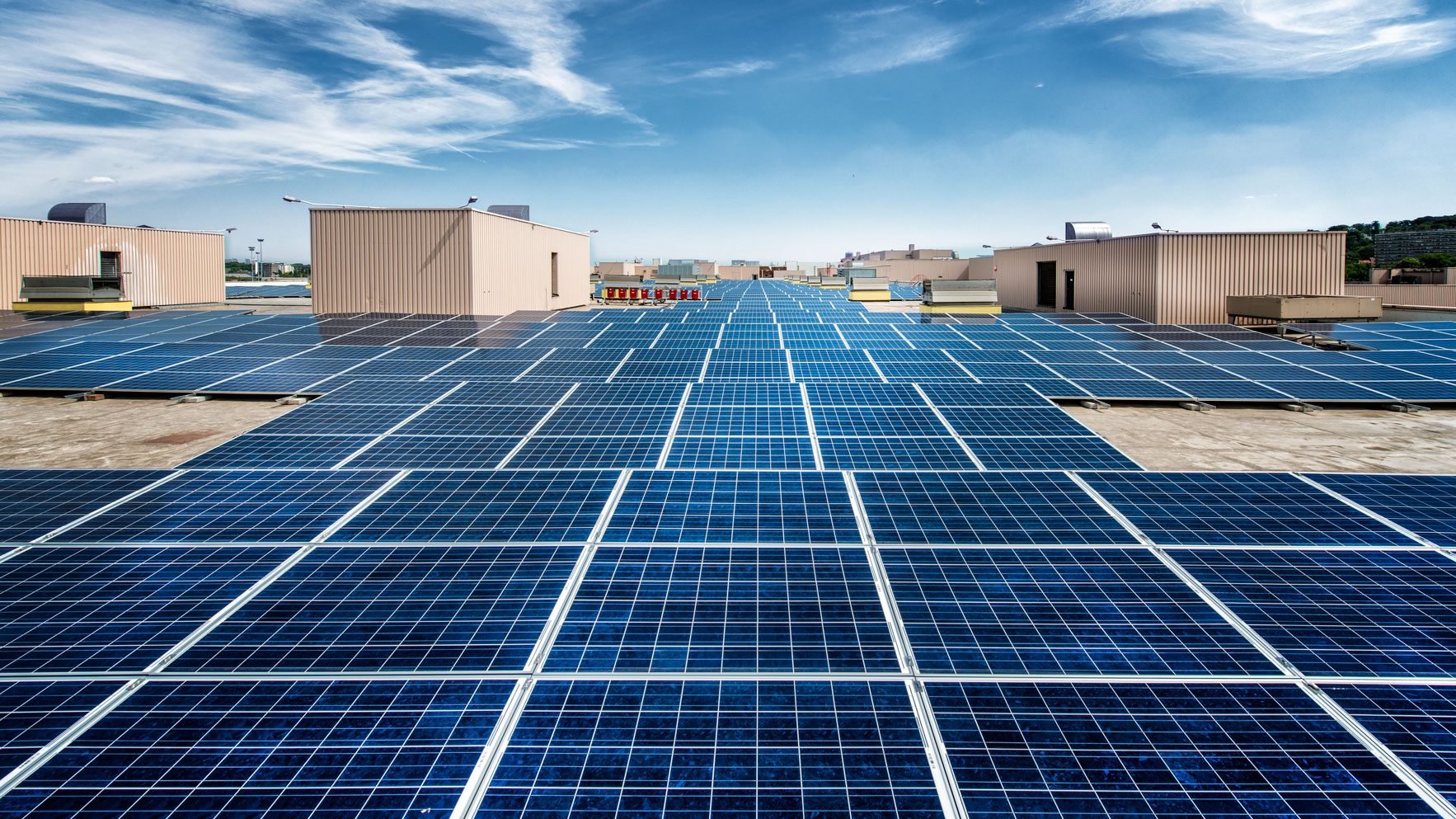
Sustainability pioneer
In addition to electromobility, Brussels is also a pioneer in terms of sustainability: in 2018, the multi-award-winning location was the first Audi plant and the world's first large-scale production facility in the premium segment to produce CO2-neutrally. The plant buys in green electricity and is also supplied by a large photovoltaic system (107,000 square metres). The heat required for production also comes from renewable energy sources through the use of biogas certificates. Emissions that are currently technically unavoidable are offset by certified carbon credit projects. These three pillars - backed by other measures - are the blueprint for decarbonisation at the other Audi sites as well. As part of the cross-site "Mission Zero" environmental programme, Audi is also working consistently on reducing its ecological footprint in production and logistics for water consumption, resource efficiency and biodiversity.
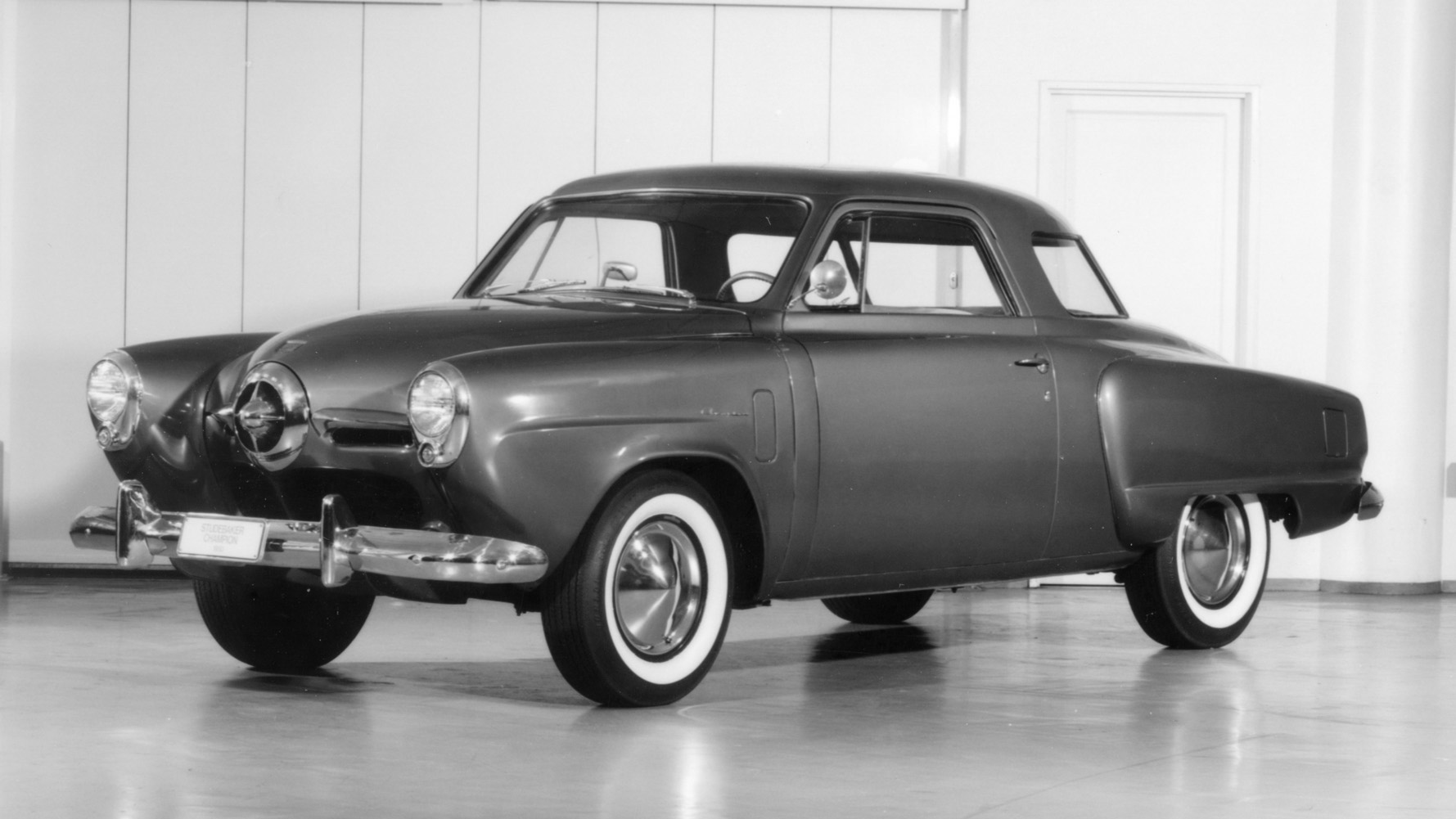
A Studebaker was the first car to roll off the production line
Today's Audi plant has an eventful history. The first Studebaker Champion Sedan rolled off the production line there on 7 April 1949. In 1965, the final Studebaker, number 21,675, left the factory. By then, Volkswagen AG was the main customer for the plant and had the VW Beetle and the VW Transporter built in Forest. Around 1,000 Porsche 356 Cabriolets were also produced in the Brussels suburb in the early 1960s. Volkswagen took over the entire plant in 1970. In the early 1980s, the VW Golf was added to the range: almost four million units of this highly successful model were built in Brussels.
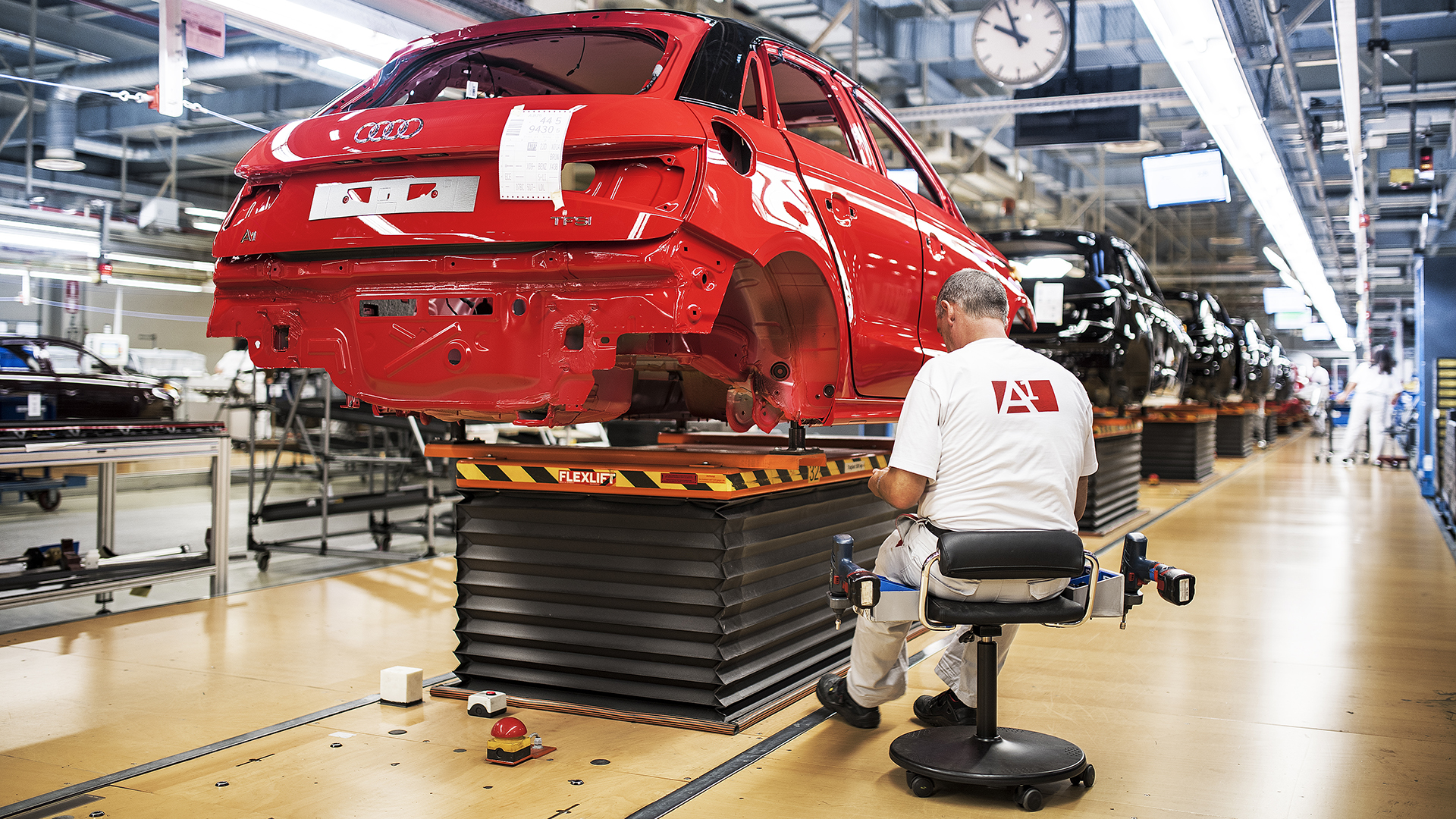
Audi takes over the plant in 2007
The next milestone in the plant's history came in 2007, when AUDI AG became the owner of the site. Audi Brussels subsequently converted the plant, which was where the VW Polo and Audi A3 were assembled back then, enabling the production of the Audi A1, which was a new addition to the Audi model range at the time.
2018 saw the birth of today's Audi Brussels premium model: the plant built the first fully electric production model in the Audi Group - the Audi e-tron*. As a purely e-plant, this made it a true pioneer of electromobility.
2018 saw the birth of today's Audi Brussels premium model: the plant built the first fully electric production model in the Audi Group - the Audi e-tron*. As a purely e-plant, this made it a true pioneer of electromobility.